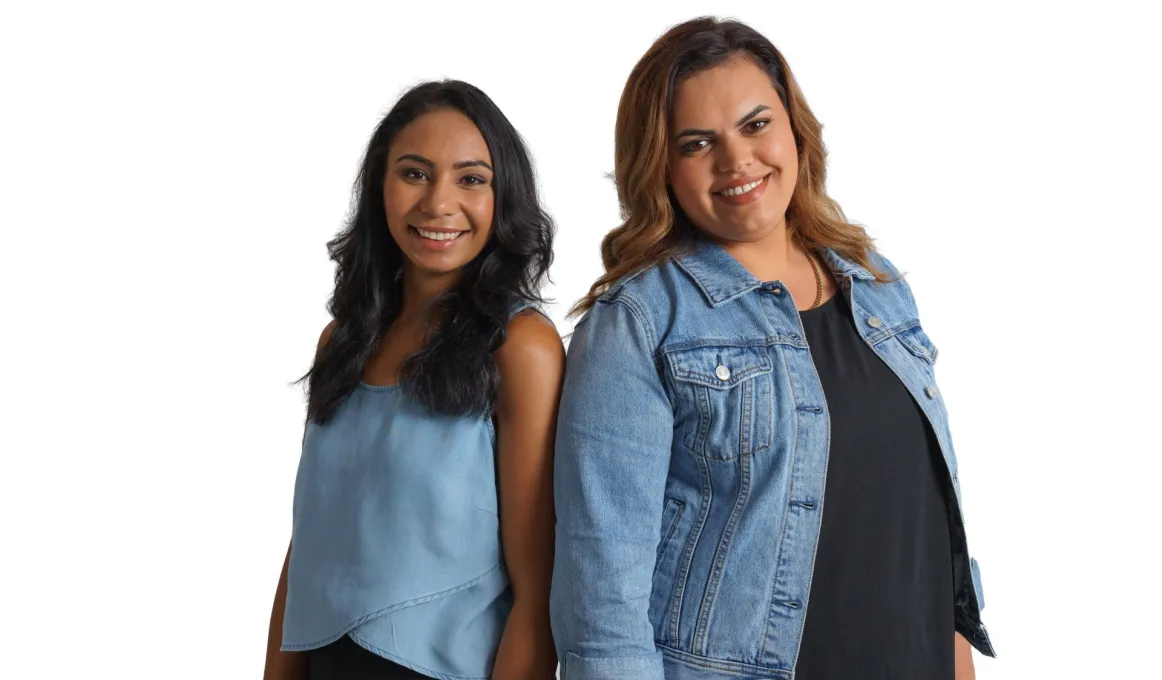R U OK? Day 2020: There's more to say after R U OK?

This R U OK? Day, Shannel and Shaquille show how trusting your gut instinct and reaching out can change a life.
When someone is struggling with life there are certain signs and changes in behaviour that you may notice. Maybe they stop coming to footy training, or other places where you would usually see them. Maybe they seem stressed, they might get angry or upset easily and start talking less. Maybe their eating, drinking and exercising habits change. Or, as was the case with Shannel, they may disappear off social media.
When we notice these changes reaching out and starting a conversation with that person can make a difference.
“You went off social media and stuff, and we all know that you like a social media post
“For me, it was only right to check in to see how you were going and where you were at with things, and just to reassure you that I was here to help if need be,” says Shaquille a long-term friend of Shannel.
Shannel credits the support and advice of her friend Shaquille as key to getting through tough times.
“You always gave me the best advice, and it really, really helped me with my situation and how I was feeling”
“I couldn’t have done it without you. I’m very lucky to have a friend like you,” says Shanell.
Spending quality time with the people we care about is important, as when our relationships are strong, we’re more likely to see the signs that someone may be struggling and are better placed to start a meaningful conversation with that person. That’s why Shannel and Shaquille make sure they catch up regularly, online and offline.
“We've always gone on our car drives and just cruised around everywhere.”
“It kind of gave us a good time to just talk and make sure that we both listened to each other and, I guess, had each other's backs through the things we were both dealing with,” says Shannell.
The power of community and support is something that both Shannell and Shaquille agree has gotten them through. Having someone there to listen, to support, and to just be present is so important.
“A lot of people, especially Aboriginal Torres Strait Islanders, we like to keep things bottled up.”
“We don't like to show people our emotions or we always try and be strong and put on that front, but you never know who's going to need that one little question,” says Shannell.
“It’s good to always check in with people. Even your strong friends,” emphasises Shaquille.
This article was produced for the Stronger Together campaign. Learn more and download the campaign resources at www.ruok.org.au/strongertogether
Find out more
Every second Thursday in September, R U OK? Day reminds all Australians that every day is the day to ask, “Are you OK?” if someone in your world is struggling with life’s ups and downs.
The Stronger Together campaign provides culturally appropriate resources including tips on how to start the conversation and where to find help.
Find out more about how about to stay connected with friends and family during COVID-19 or what you can do to be involved with R U OK? Day 2020.